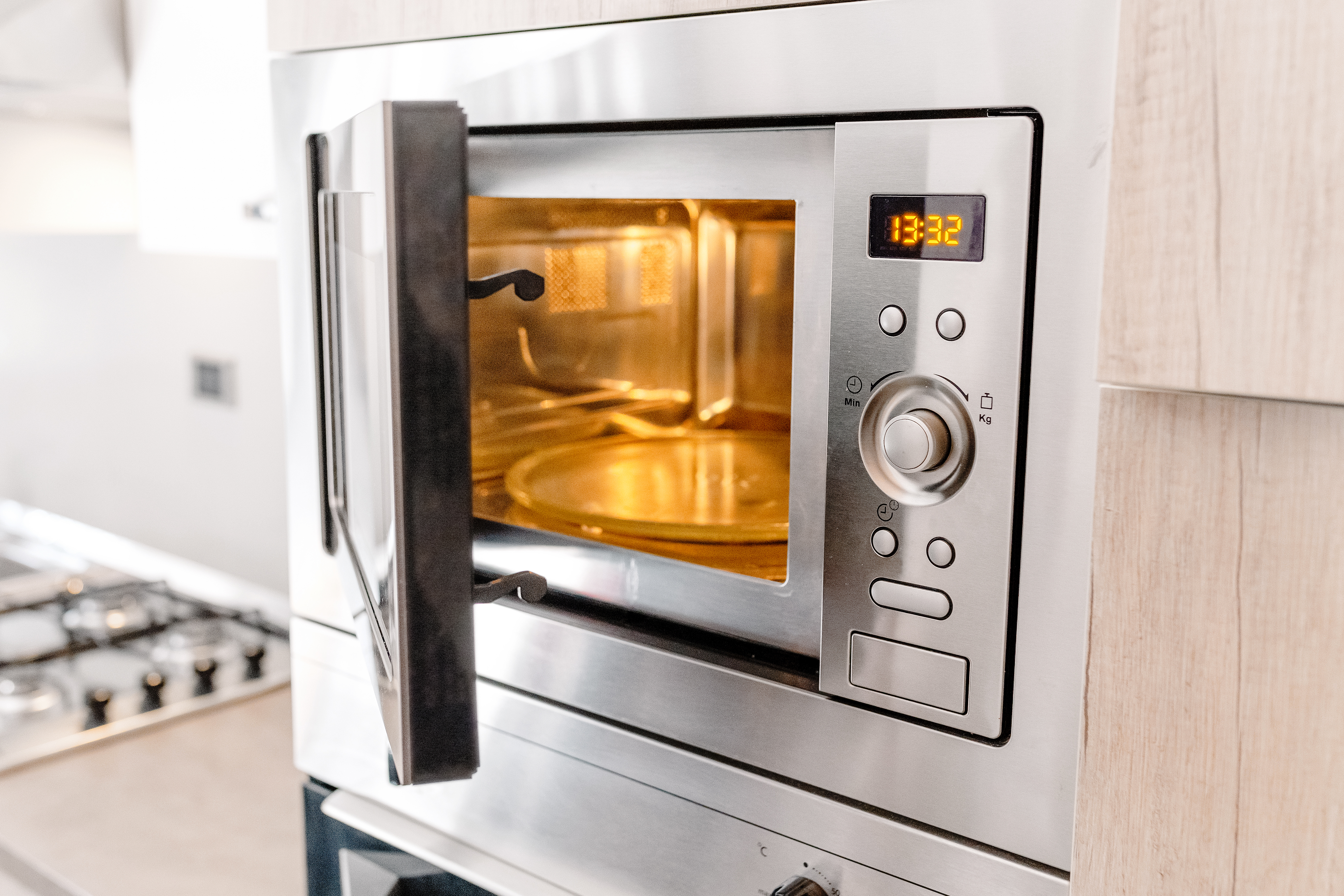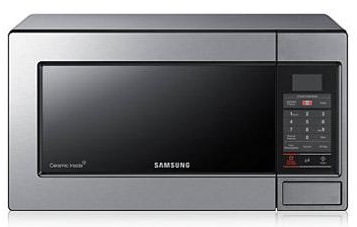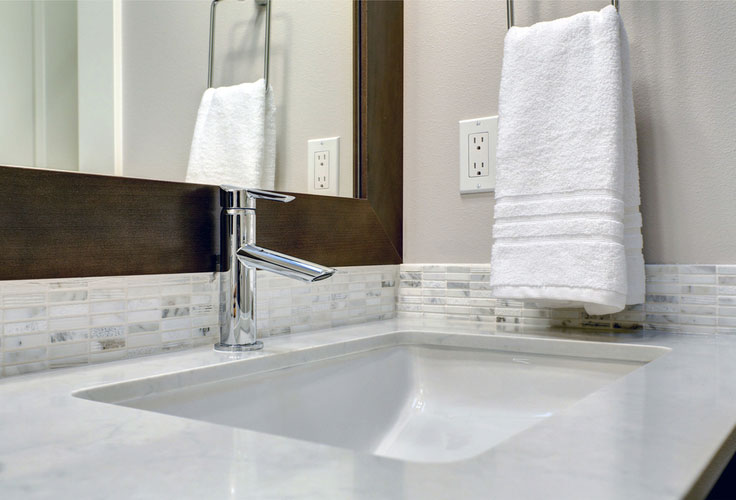Microwaves are an essential appliance in many households, providing a quick and convenient way to heat up food. But can microwaves overheat? The short answer is yes, they can. Let’s explore what happens when a microwave overheats and how to prevent it.

Credit: www.hunker.com
Why do microwaves overheat?
There are a few reasons why a microwave may overheat. One common cause is not having enough ventilation space. When a microwave is placed too close to a wall or inside a small cupboard, the hot air generated by the appliance won’t be able to escape, causing it to overheat quickly.
Additionally, if there is a problem with the high voltage parts inside the microwave, such as the magnetron, it can lead to overheating. This can activate the thermal cut-out switch, which shuts down the microwave to prevent further overheating and potential damage.
What happens when a microwave overheats?
When a microwave overheats, there can be various consequences. Firstly, the appliance may shut down automatically as a safety feature. This is designed to protect the microwave from further damage and prevent any potential hazards.
Additionally, the exterior of the microwave may become hot to the touch. If this happens, it is crucial to ensure that the microwave has enough ventilation space. Blocking the ventilation openings can lead to trapped hot air and escalate the overheating problem.
Preventing microwave overheating
To prevent your microwave from overheating, follow these essential tips:
- Ensure your microwave has enough ventilation space on all sides.
- Do not place your microwave close to walls or inside small cupboards.
- Regularly clean the vents and remove any food debris or dust.
- Never run the microwave without anything inside it.

Credit: www.shutterstock.com
How long do microwaves last?
Microwaves have an average lifespan of about 10 years. However, with proper maintenance and care, they can last even longer. It’s essential to follow the manufacturer’s instructions and regularly clean and inspect your microwave to ensure its longevity.
Frequently Asked Questions For Can Microwaves Overheat?
What Happens If Your Microwave Overheats?
If your microwave overheats, it will quickly shut down without the fan to regulate the temperature. Ensure that there is enough ventilation space around the microwave to prevent overheating. Blocking the ventilation openings can trap hot air inside the appliance.
Why Is My Microwave Getting So Hot?
When your microwave gets too hot, it may be due to insufficient ventilation space. Placing the microwave close to a wall or in a small cupboard can block the airflow, causing the appliance to overheat. Make sure there is enough space for ventilation on all sides to prevent overheating.
Can Microwaves Burn Out?
Yes, microwaves can burn out if they overheat. Insufficient ventilation space can cause the microwave to overheat quickly and shut down. It is important to ensure that the microwave has enough ventilation space on all sides to prevent overheating.
Do Microwaves Have An Automatic Shut Off?
Microwaves have an automatic shut off feature that activates if the component parts or the food inside overheats. This serves as a safety measure and does not affect cooking times. It is reassuring to know that there is built-in safety in the machine.
Can Microwaves Overheat?
Microwaves can overheat if the fan fails to regulate the temperature effectively, causing the appliance to shut down quickly.
Conclusion
Microwaves can overheat, leading to potential shutdowns and other problems. It is crucial to provide adequate ventilation space and ensure that the microwave’s components, such as the magnetron, are functioning correctly. Regular cleaning and maintenance are essential for extending the lifespan of your microwave.




Leave a Reply